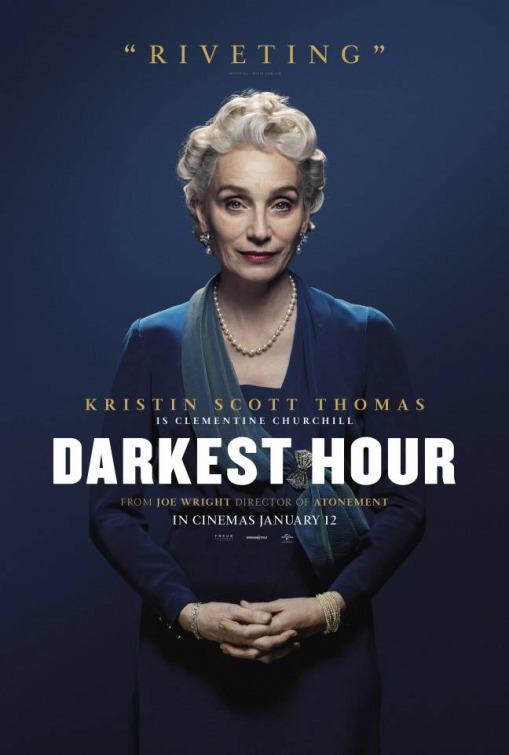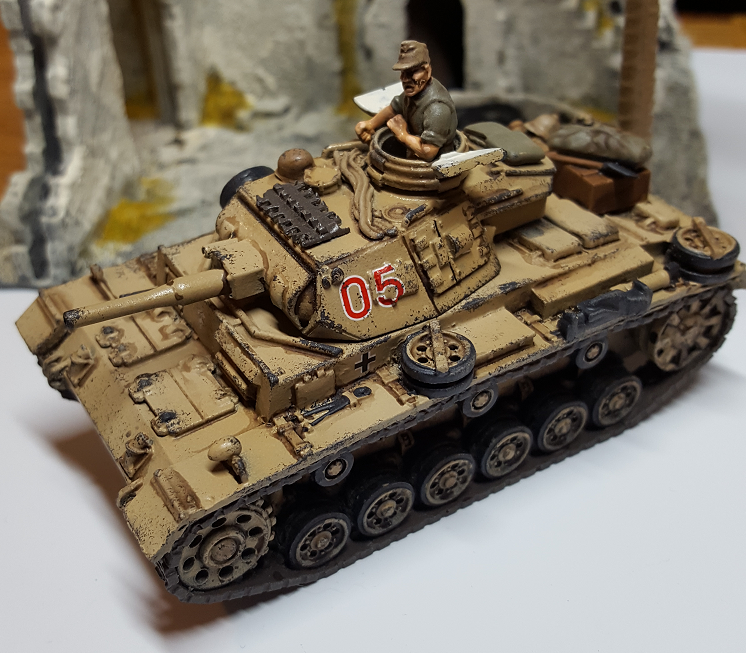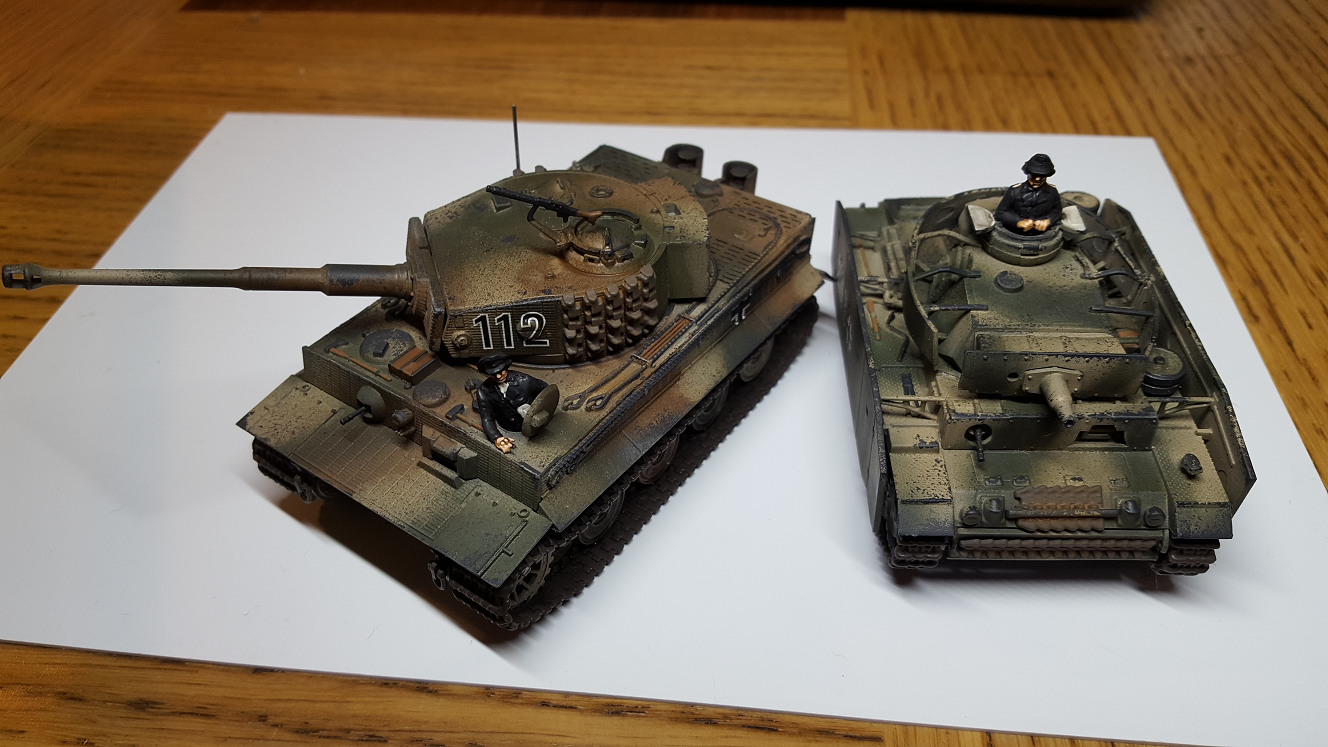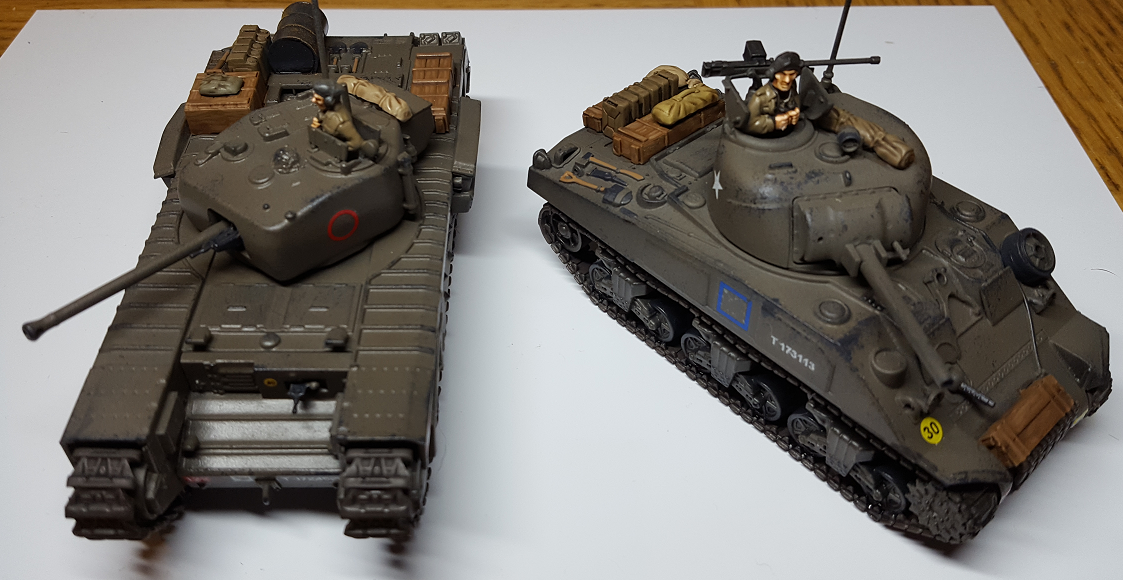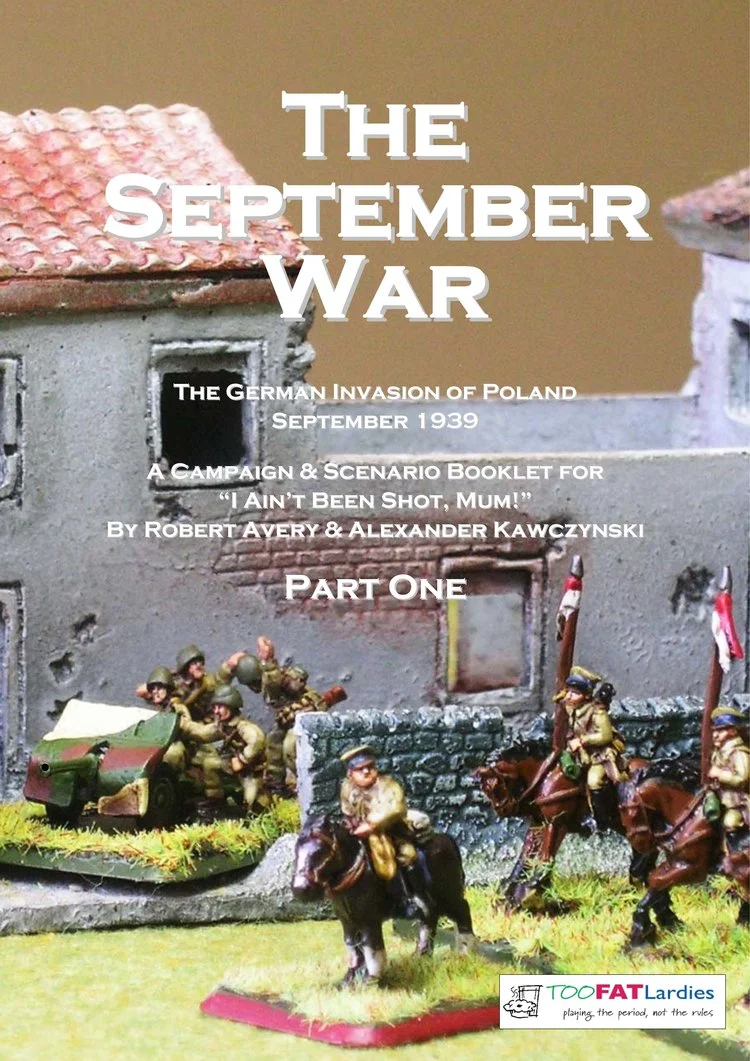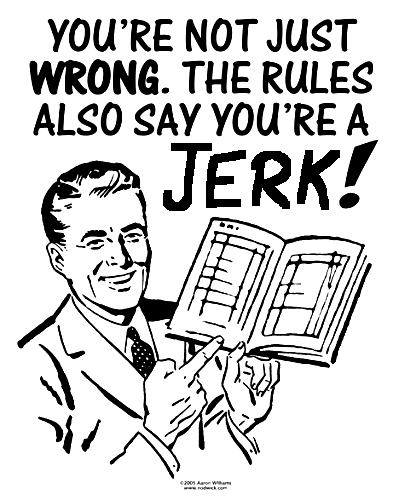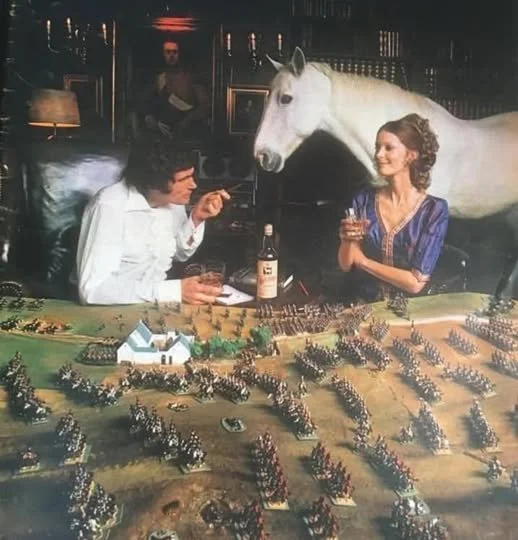A lot of my time at the moment is being spent on the Battle for France: the period between 10th May and mid-June 1940.
Being a wargamer, I've obviously been concentrating on the military side of things but, as ever, you really also need to know what was happening with the governments of the day in order to fully comprehend what was going on. As Clausewitz said: warfare is an extension of politics...and you only have to look at Calais, or the tragedy of the 51st (Highland) Division, to understand how true that statement was in May 1940.
Given all of the above, it was with great interest that I took myself off to the cinema this weekend to see The Darkest Hour: Joe Wright's biopic of Churchill covering that very same period, with Gary Oldman in the lead role.
I'd heard good things about the film, very good things, including audiences actually standing up and applauding at the end, so was looking forward to it, whilst wondering, however, whether it would be as good as Dunkirk, another film that I thought was very good.
So, is The Darkest Hour any good?
Well, I'll tell you: it's brilliant.
Now whilst the audience didn't stand up and applaud at my local (I don't think we do that sort of thing in the Home Counties), there was definitely a straightening of backs and a few "dust in eye" dabbings going on throughout the cinema as Oldman-as-Churchill delivers the final "We shall fight them..." speech. Some of that is down to Churchill's words, some of that is down to Oldman's delivery: honours even as to which, but it's powerful stuff.
For those who don't know, the film covers the period 9th May to 29th May, focussing on how Churchill became PM in the wake of the disastrous Norway campaign and what then happened behind the scenes in government over that time. It looks at how Halifax, Chamberlain and others faltered in their commitment to war (somewhat understandable when you consider that the First World War had only ended 22 years before, leaving the field of Flanders "stained in the blood of a whole generation") and especially when the Italians offered to mediate a peace between Britain and Germany, and all against a background of terrible news from the front. I won't tell you what happens (!) but suffice to say that Churchill stayed true to his convictions that Hitler had to be stopped.







